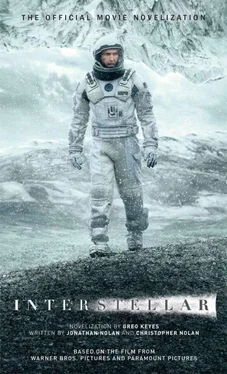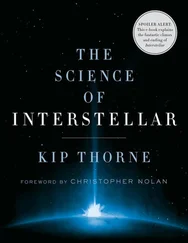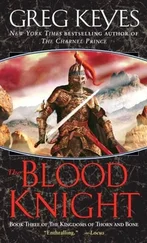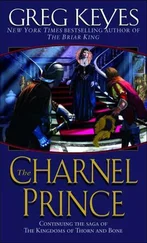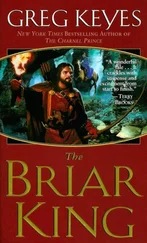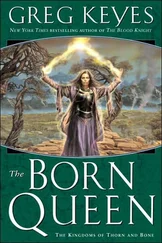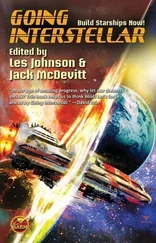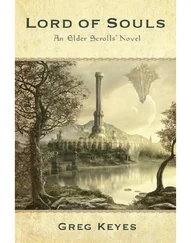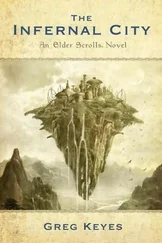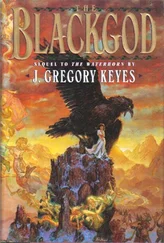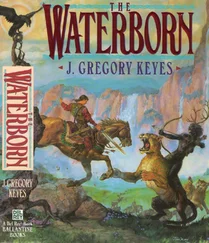His house was now a museum exhibit.
“But she confirmed just how much you loved farming,” the administrator finished, proudly.
“She did, huh?” Cooper said. Well, the least Murph deserved was a little joke at his expense. So he was going to live in a museum, and be its chief exhibit? Do a little hobby-farming to show the kids?
He noticed one thing in the house that didn’t fit the pastoral scene in the least—a robot, quite familiar in form.
“Is that…?”
“The machine we found near Saturn when we found you, yes,” the man confirmed. “Its power source was shot, but we could get you another, if you want to try and get it up and running again.”
Cooper nodded.
“Please,” he said.
* * *
That evening, Cooper went back to the hangar and watched the Rangers coming in from patrol, admiring their sleek lines, envying the pilots as they left their cockpits so the crews could wheel the craft into their resting places.
He wasn’t altogether sure what brought him there. Only a few days ago—his time—he had been doing his level best to return to Earth and never see space—or a spaceship—ever again. Now—well, now he wasn’t sure what he was supposed to do. That plan A had happened—that he had been able to help, and that Murph had managed to go from data to… this , was more than gratifying. It was more than he could ask. But there was a downside to being a hundred and twenty-four.
He would never see Tom again. His son had passed almost two decades ago, and his son Coop—Cooper’s grandson—was biologically old enough to be his father. Almost everyone he knew was dead—except Murph.
As for Murph—he didn’t know how that was going to go. For him, less than a year had passed since they sat together on her bed. For her, however, it had been a lifetime. He had been gone for most of her life. How did he apologize for that?
Sighing, he made his way back to the transplanted farmhouse, but he didn’t hurry. Instead he took in the strange sights of Cooper Station.
Like the Endurance , the huge cylinder spun on its axis. The opening through which his ship had lifted off, so long ago, was essentially the station’s North Pole. It was also the sun. The mirrors he remembered from the days when this place was a launch chamber—the ones that reflected sunlight down its vast shaft—had been replaced by really enormous mirrors, large enough to focus the light of Saturn’s faint sun, yielding enough to illuminate the interior of Cooper Station. Computers kept them tracked and focused, and at dusk folded them up to simulate Earth’s sleep cycle, or at least something like it.
Edmunds’ world didn’t have the same length day-and-night cycles as Earth, and since the eventual goal was to live there, Cooper Station—and her sister stations—were gradually modifying the length of each day. The human circadian rhythm had been the same for millions of years, and asking a body to change too quickly was generally considered to be a bad idea.
He wondered how Brand was doing with that. How she was doing, period. Had she made it? The time dilation had been the same for them. As he popped out into space near Saturn, she was still on course to Edmunds’ world. She was either there, or would be soon. But when he considered everything she would have to accomplish, and all on her own, just to reach Edmunds’ World—the course corrections, placing the Endurance into a stable orbit. Loading the population bomb onto the lander—along with anything else she would ever need, since there wasn’t enough fuel to go back up once the lander had descended.
Taking the lander down would present its own set of problems. What if the atmosphere was unstable? The other planets had thrown them some freakin’ hard curve balls. Even if the little red dot was habitable, who was to say it didn’t have its own surprises?
And then, after all of that, she would have to build a camp, a home for the children to come.
Of course, she wasn’t entirely alone. She had CASE, and there was the long shot that Edmunds was still alive.
He tried to imagine the reunion, but found he didn’t want to think about it. No doubt “Wolf” was a good guy, and he hoped for Brand’s sake that he was still alive.
He really did.
But he didn’t want to think about it too much.
Maybe they had already sent somebody to help her. Any of the Rangers was capable of making the trip, what with the wormhole still sitting right where it had been. He resolved to bring it up next time he saw the administrator. Wolf or no Wolf, Brand would need help.
* * *
When he returned to the farmhouse, he found that a new power supply had been brought, as promised, and so he began the work of bringing TARS back to life.
“Settings,” TARS said. “General settings, security setting—”
“Honesty,” Cooper said. “New level setting. Ninety-five percent.”
“Confirmed,” TARS replied. “Additional customization?”
“Yes,” Cooper said. “Humor seventy-five percent. Wait… sixty percent.”
“This place,” TARS said. “Is this what your life on Earth was like?”
“Well, it was never this clean,” Cooper said, glancing around the immaculate house—then beyond, through the windows at the houses and trees—which, their spatial orientation aside—represented a simulacrum of Earth.
“I’m not sure I like this pretending we’re back where we came from,” he murmured.
* * *
A nurse was waiting for Cooper as he nervously entered the hospital waiting room. He wasn’t sure what to expect, wasn’t even sure what he felt.
“Is she…?” He left it hanging, in a way not sure what the question really was.
“The family is all in there,” the nurse told him.
“The family?” he asked.
“They all came to see her,” she replied. “She’s been in cryosleep for almost two years.”
She indicated the door and, taking a deep breath, Cooper eased it open. No dresser this time. No chair.
She was there, on the bed, surrounded by people he didn’t know, but many of them had little bits and pieces of Murph in their faces. Children, grandchildren, babies…
And Murph.
The family parted for him as he approached. Some of them were smiling, others looked curious, even puzzled. One little boy hid behind his mother’s knee.
She looked very old, and very frail, but in her eyes he could see his daughter, the little girl with the flaming hair, the beautiful woman berating him over the comm. Murph, in all of her seasons.
Tears were in those eyes, but her face was joyful. She reached for him.
“Murph,” he said, his throat constricting.
“Dad,” she whispered. She nodded to the others, and they quietly backed away.
“You told them I like farming,” he said, shooting her a look.
She smiled that same mischievous smile she’d had when he caught her hiding in the truck. For a moment he just reveled in it.
“Murph,” he said after a time. “It was me. I was your ghost.”
“I know,” she said, lifting her wrist, showing him the watch.
“People didn’t believe me,” she continued. “They thought I’d done it all myself.” She tapped the timepiece. “But I knew who it was…”
He regarded her—amazed, proud, happy, broken-hearted, all at the same time.
“A father looks in his child’s eyes,” Cooper said, “and thinks—maybe it’s them—maybe my child will save the world.”
Murph smiled.
“And everyone,” she continued, “once a child, wants to look into their dad’s eyes and know he saw. But usually, by then, the father is gone.” She gripped his hand a little tighter. “Nobody believed me, but I knew you’d come back.”
Читать дальше
